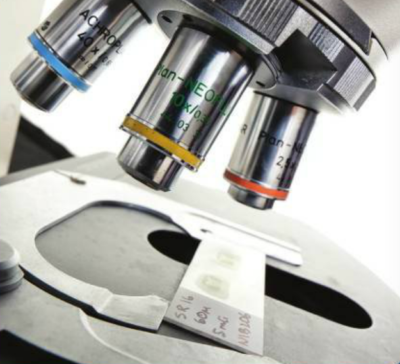A collaboration between folks at the School of Medicine and UVA’s School of Engineering is using a form of artificial intelligence to better diagnose and treat gut diseases that can cause lifelong problems for impoverished children.
Dr. Sana Syed, of our Child Health Research Center, is working with Donald Brown, founding director of the UVA Data Science Institute and a professor in the School of Engineering, to incorporate machine learning into the diagnosis of a condition called “environmental enteric dysfunction.” The disease limits children’s ability to absorb nutrients and can lead to stunted growth and impaired cognitive development, among other serious problems.
Syed and Brown are using “convolutional neural networks” to train computers to read thousands of images of biopsies and speed up diagnosis. That can reduce the time it takes to get kids treatment and help head off lifelong health problems. “These are the same types of algorithms Google is using in facial recognition, but we’re using them to aid in the diagnosis of disease through biopsy images,” Brown said.
Environmental enteric dysfunction affects 20 percent of children under the age of 5 in developing countries such as Bangladesh and Pakistan, but it also affects, in much smaller numbers, children in rural Virginia.
“You’re talking about a disease that affects hundreds of thousands of children and that is entirely preventable,” Syed said. “If we can use these cutting-edge technologies and ways of looking at data through data science, we can get answers faster and help these children sooner.”
